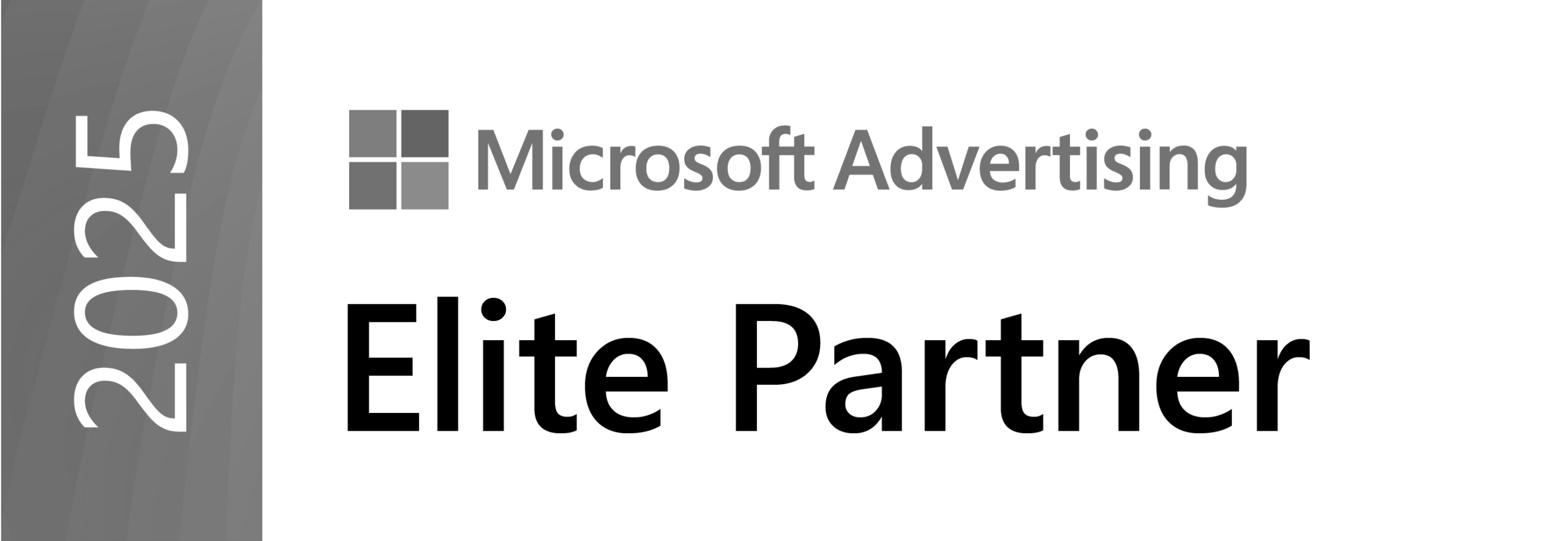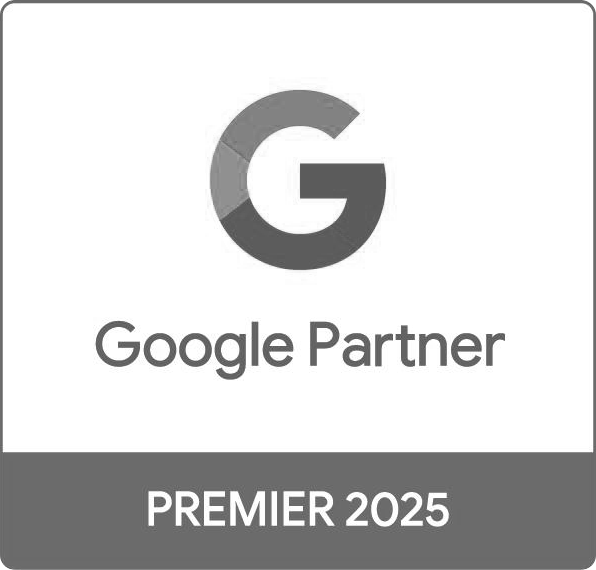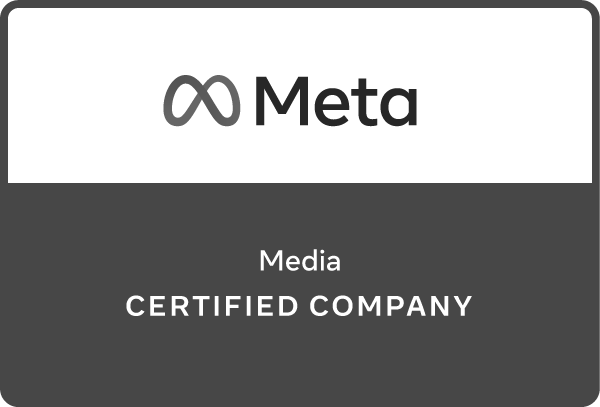
As large language models (LLMs) and AI-generated answers become more deeply embedded into how we discover information online, traditional keyword-based SEO tactics are being tested. What happens when people no longer search the way they used to, or when Google no longer ranks results the way it once did?
In this new world, SEO needs to move beyond keywords and even content volume, and shift toward something more conceptual, involving entity optimization and topical authority.
Beyond keywords: a more holistic view of SEO
We’ve long associated SEO with keywords, rankings and backlinks. However, the rise of AI, especially AI-powered search such as Google’s Search Generative Experience (SGE) and ChatGPT, suggests something different is happening. These tools don’t operate by exact match or query intent alone; they rely on understanding relationships between concepts, brands and topics.
This shift is also fueling the rise of so-called zero-click search, where users receive answers directly in search results or AI overviews without ever clicking through to a website. In an environment where visibility no longer guarantees traffic, brands must rethink what success in organic search truly means. Presence, accuracy and trustworthiness in these AI outputs are becoming as critical as traditional rankings.
This raises big questions about the future of SEO:
- What does it mean to be the “best” answer in an AI-first search environment?
- How do brands ensure their content is not just discoverable, but understood by AI-powered search?
- What roles do entities (the people, services, products and ideas that form a brand’s digital footprint) play in organic visibility?
Entity optimization and the rise of semantic SEO
In an AI-driven search experience, it’s no longer just about whether your page includes the right keywords. It’s about whether your brand is meaningfully connected to the topics and ideas that matter most to your audience.
That’s where entity optimization comes in. Entity optimization is the practice of aligning your digital presence with the broader knowledge graph that powers AI tools. This, paired with topical mapping, ensures you’re covering subject matter with depth and authority — and may shape the next era of organic search.
We’re seeing signals that:
- Structured data will play a larger role in how content is categorized and surfaced.
- Internal linking and content clusters may influence how Google perceives your expertise.
- Building semantic relationships between entities, not just stuffing keywords, may improve long-term visibility.
Topical authority and mapping
Closely connected to entity optimization is the concept of topical authority: demonstrating consistent, in-depth expertise around specific subject areas. It’s not enough to write one or two blog posts on a topic; your site needs to show depth and interconnection of content across a theme.
Topical mapping is the framework that supports this. It involves identifying the core themes that matter most to your audience, then building content that fully addresses the questions, subtopics and intent within that theme.
When done correctly, topical mapping:
- Signals to search engines and AI models that your brand understands the topic deeply.
- Supports internal linking and content clustering, which reinforces contextual relevance.
- Creates a natural structure that improves both user experience and crawlability.
Topical authority answers the AI era’s boardroom question: Who deserves a seat at the table on this topic? And when paired with entity optimization, it positions your brand not just to be seen, but to lead the conversation.
The rise of distributed authority
Google’s SGE, ChatGPT and other AI-powered tools are redefining how content is surfaced, pulling not only from owned web pages but from the entire digital ecosystem, including Reddit threads, Quora responses, user reviews, social media posts and third-party mentions. These unstructured, off-site signals are now fueling AI-generated summaries, featured answers and semantic search experiences.
This evolution expands the SEO playing field and introduces platforms once considered outside the scope of search optimization to be integrated into the strategy. They are now central to how AI builds topical understanding and authority. Community forums and public discussions feed into the modern knowledge graph, making authenticity, sentiment and contextual relevance essential ranking signals.
For SEO teams, this shift brings new strategic questions:
- Is your brand referenced in trustworthy, accurate ways outside your domain?
- Are you earning mentions in high-authority spaces where users actively seek recommendations and insights?
- Are you monitoring and shaping community-driven content that AI may interpret as fact?
SEO strategy must now include digital PR, community engagement and brand monitoring. Optimizing for AI-generated search isn’t just about technical SEO or content keywords, it’s about building distributed authority. That means influencing the signals AI models absorb: third-party mentions, brand sentiment, off-page context and relevance within topic clusters.
The gist? If you want to shape how AI perceives and ranks your brand, you must optimize for the full digital footprint, not just your site.
Looking ahead
As digital marketers, content strategists and SEO professionals, we have a unique opportunity to rethink how we define relevance, authority and discoverability in a machine-learning world. This means staying curious, experimenting with new frameworks and keeping our strategies flexible as the search experience continues to change.
Want to explore what this could look like for your brand? We’re already helping clients adapt their SEO strategies for an AI-first world. Continue the conversation here.








